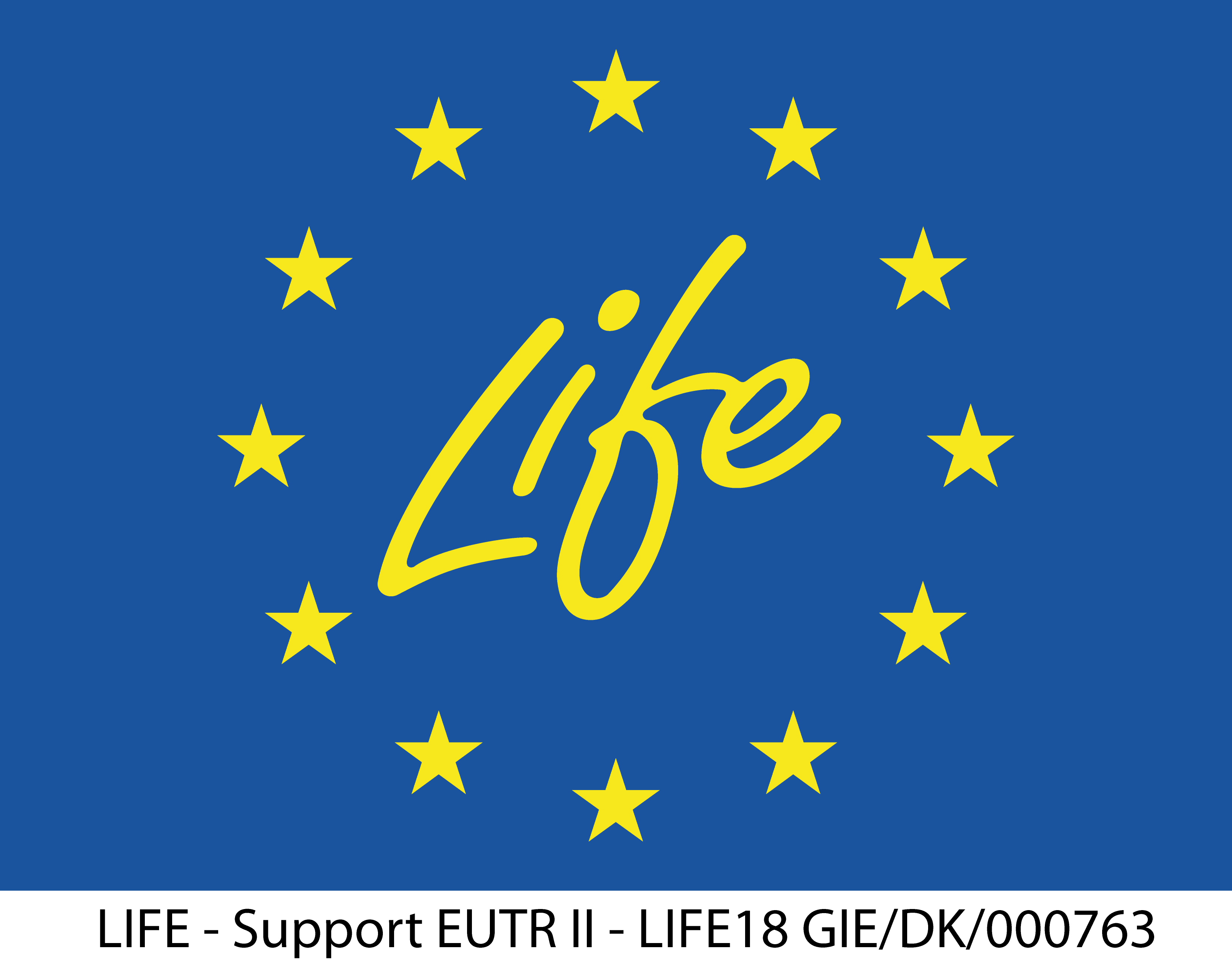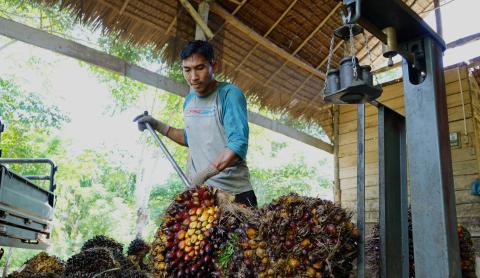European Parliament approves landmark law to combat the trade of products causing deforestation and forest degradation
The European Parliament has adopted the new historic regulation aimed at preventing companies from placing products or commodities linked with deforestation and forest degradation onto the EU market, or exporting them from the EU market.
Signalling strong political consensus and support for the regulation, the vote was overwhelmingly in favour of the new regulation, with 522 votes in support, 40 against, and 40 abstentions.
The regulation now passes to the Council of the European Union to be formally endorsed. Assuming that occurs without incident, it will then be published in the EU Official Journal and enters into force 20 days after its publication.
From cattle, cocoa, coffee, palm oil, soya, to rubber and wood, this new EU regulation targets commodities causing deforestation and forest degradation worldwide. It also covers some derived products, such as leather, chocolate and furniture as well as charcoal, printed paper products and certain palm oil derivates.
EU consumption of these commodities accounts for about 10% of global deforestation, according to the European Commission. This approval of the regulation marks a significant milestone in global efforts to combat deforestation and its impacts on climate change and biodiversity.
Companies or ‘operators’ (companies that place relevant products on, or export them from, the EU market) must implement a due diligence system to avoid sourcing commodities associated with deforestation or forest degradation.
It is important to note that the regulation requires operators to obtain the geolocation coordinates for the plots of land from where the commodities or products were produced, or harvested in the case of wood products, as well as to obtain information such as the date or time range of production.
“This is an important moment and will generate intense activity for the next 18 months as companies and supply chains globally work to prepare and align their operations to the regulation,” said David Hadley, Director of Preferred by Nature’s Regulatory Impact Programme.
“The key message we are communicating, however, for organisations in Europe and around the world that may be impacted by the regulation, is not to panic. Instead, get informed and get organised to align your operations to the regulation,” he added.
The EU Timber Regulation (EUTR) will be replaced by the new regulation once it becomes applicable to companies 18 months from the publication date.
Preferred by Nature has been following closely the development of the EU Deforestation Regulation since the proposal for this regulation was first announced in November 2021. With decades of experience in timber legality and intensive work with a range of commodities in relation to sustainable sourcing and production, we are improving and updating comprehensive diligence tools and other resources to support businesses and affected stakeholders in complying with the regulation.
>> Click here to learn more about how we can support you.
 The European Commission (donor) is not responsible for any claims or views presented in this material. The European Commission's support for the production of this publication does not constitute endorsement of the contents which reflect the views only of the authors, and the Commission cannot be held responsible for any use which may be made of information contained therein.
The European Commission (donor) is not responsible for any claims or views presented in this material. The European Commission's support for the production of this publication does not constitute endorsement of the contents which reflect the views only of the authors, and the Commission cannot be held responsible for any use which may be made of information contained therein.




